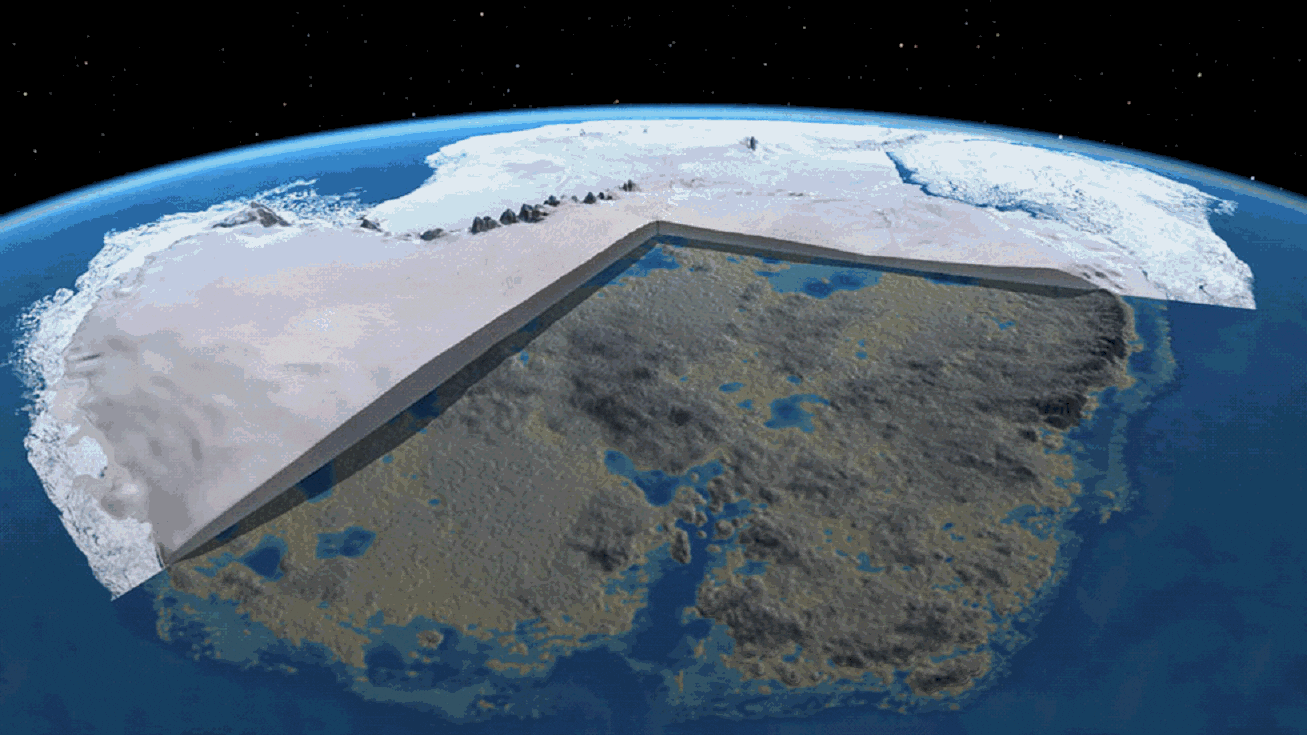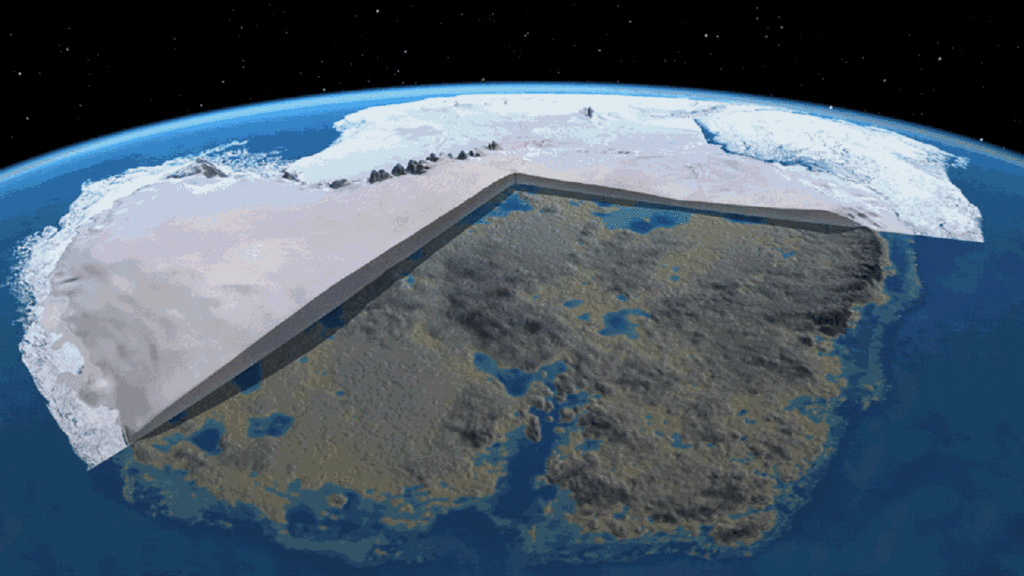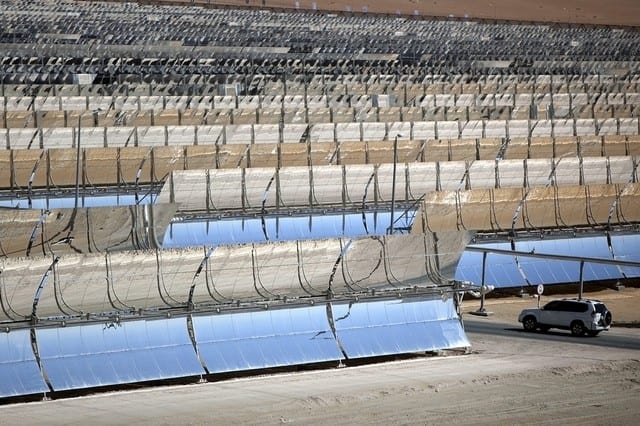On a glacier-filled island with fjords and elephant seals, Russia has built Antarctica’s first Orthodox church on a hill overlooking its research base, transporting the logs all the way from Siberia.
Less than an hour away by snowmobile, Chinese laborers have updated the Great Wall Station, a linchpin in China’s plan to operate five bases on Antarctica, complete with an indoor badminton court, domes to protect satellite stations and sleeping quarters for 150 people.
Not to be outdone, India’s futuristic new Bharathi base, built on stilts using 134 interlocking shipping containers, resembles a spaceship. Turkey and Iran have announced plans to build bases, too.
More than a century has passed since explorers raced to plant their flags at the bottom of the world, and for decades to come this continent is supposed to be protected as a scientific preserve, shielded from intrusions like military activities and mining.
But an array of countries are rushing to assert greater influence here, with an eye not just toward the day those protective treaties expire, but also for the strategic and commercial opportunities that exist right now.
“The newer players are stepping into what they view as a treasure house of resources,” said Anne-Marie Brady, a scholar at New Zealand’s University of Canterbury who specializes in Antarctic politics.
Some of the ventures focus on the Antarctic resources that are already up for grabs, like abundant sea life. China and South Korea, both of which operate state-of-the-art bases here, are ramping up their fishing of krill, the shrimplike crustaceans found in abundance in the Southern Ocean, while Russia recently thwarted efforts to create one of the world’s largest ocean sanctuaries here.
Some scientists are examining the potential for harvesting icebergs from Antarctica, which is estimated to have the biggest reserves of fresh water on the planet. Nations are also pressing ahead with space research and satellite projects to expand their global navigation abilities.
Building on a Soviet-era foothold, Russia is expanding its monitoring stations for Glonass, its version of the Global Positioning System. At least three Russian stations are already operating in Antarctica, part of its effort to challenge the dominance of the American GPS, and new stations are planned for sites like the Russian base, in the shadow of the Orthodox Church of the Holy Trinity.
Elsewhere in Antarctica, Russian researchers boast of their recent discovery of a freshwater reserve the size of Lake Ontario after drilling through miles of solid ice.
“You can see that we’re here to stay,” said Vladimir Cheberdak, 57, chief of the Bellingshausen Station, as he sipped tea under a portrait of Fabian Gottlieb von Bellingshausen, an officer and later admiral in the Imperial Russian Navy who explored the Antarctic coast in 1820.
Read more: Countries Rush for Upper Hand in Antarctica
The Latest on: Antarctica
[google_news title=”” keyword=”Antarctica” num_posts=”10″ blurb_length=”0″ show_thumb=”left”]
via Google News
The Latest on: Antarctica
- Photo story: a water-borne adventure into fragile Antarcticaon April 30, 2024 at 1:00 am
An increasingly fragile place of barren shores lapped by bone-chilling waters, Antarctica is home to every form of ice — in snow, glaciers and bergs — and a surprising amount of wildlife.
- Agents chance to score free spot on Intrepid trip to Antarcticaon April 29, 2024 at 4:44 pm
Intrepid Travel is offering a free trip to Antarctica for two lucky agents to travel alongside key partnerships manager Leigh Reynolds.
- Emperor penguin colonies in Antarctica suffer as sea-ice diminisheson April 29, 2024 at 7:43 am
Record low levels of Antarctic sea ice in late 2023 resulted in breeding failures in a fifth of the continent’s emperor penguin colonies, according to a new study from the British Antarctic Survey ...
- Longer-lasting ozone holes over Antarctica expose seal pups and penguin chicks to much more UVon April 28, 2024 at 9:30 am
The lion's share of ozone damage happens over Antarctica. When the hole forms, the UV index doubles, reaching extreme levels. We might expect to see UV days over 14 in summers in Australia or ...
- Global warming threatens Antarctica’s meteoriteson April 27, 2024 at 2:30 am
Antarctica is home to Earth’s largest concentration of meteorites — so many that over 60 percent of meteorite finds originate there. But global warming is endangering Antarctica’s meteorites, and a ...
- Antarctica's Terror Bird Was an Apex Predator of the Eocene Epochon April 26, 2024 at 8:30 am
When Antarctica was lush with forests during the Eocene, there was a carnivorous bird that had a curved beak and terrifying claws.
- Active volcano in Antarctica spews tiny crystals of gold worth $6,000 a dayon April 25, 2024 at 6:53 am
Tucked in among the glaciers, fiery Mount Erebus is the southernmost active volcano on Earth, providing a bit of heat amid the frozen landscape of Antarctica.
- Antarctica’s melt season ends with not one, but two bangson April 23, 2024 at 7:27 am
In late February and early March, two record melt events for that time of year occurred on the Antarctic Peninsula. Overall, however, the 2023 to 2024 melt season was slightly below the 45-year ...
- West Antarctica’s ice sheet was smaller thousands of years ago – here’s why this matters todayon April 23, 2024 at 3:07 am
Some 7,000 years ago, West Antarctica’s ice sheet retreated, most likely driven by warmer ocean currents slipping under the ice. This could happen again – unless we cut emissions fast.
- 'We were in disbelief': Antarctica is behaving in a way we've never seen before. Can it recover?on April 22, 2024 at 9:30 am
Antarctic sea ice has been disappearing over the last several summers. Now, climate scientists are wondering whether it will ever come back.
via Bing News












